Science News: Recent scientific discoveries and expert analysis
Read the latest science news and recent scientific discoveries on Live Science, where we've been reporting on groundbreaking advances for over 20 years. Our expert editors, writers and contributors are ready to guide you through today's most important breakthroughs in science with expert analysis, in-depth explainers and interesting articles, covering everything from space, technology, health, animals, planet Earth, and much more.
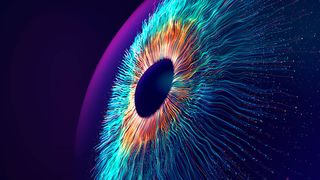
Explainers | Everything you need to know about the science news that matters.
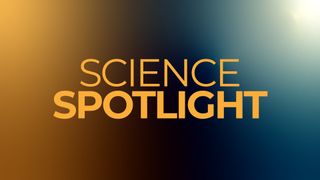
Science Spotlight | Shining a light on new science transforming our world.
Latest news
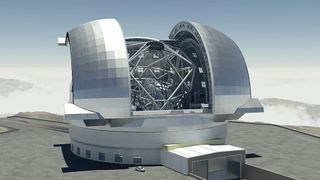
'Extremely Large Telescope' being built in Chile could detect signs of alien life in a single night
By Brian Koberlein published
The Extremely Large Telescope will revolutionize our view of the cosmos when it sees first light in Chile in 2028. In fact, it could detect hints of alien life around our closest neighboring star system in its first night of operations, new simulations suggest.
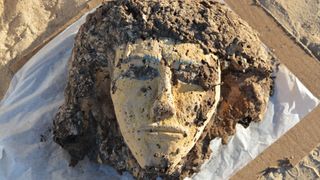
Ancient Egyptian pyramids, thought to contain only the elite, may also hold low-class laborers
By Owen Jarus published
At the site of Tombos, archaeologists have found that less-affluent laborers may be buried with upper-class people in pyramid tombs.
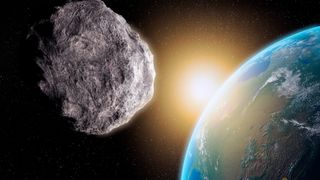
'Potentially hazardous' pyramid-size asteroid will make its closest flyby of Earth for more than 100 years this Wednesday
By Harry Baker published
The hefty space rock 2014 TN17 is large enough to wipe out a city, but it will pose no risk to our planet when it sails by this Wednesday (March 26). Researchers will monitor it carefully during its close approach.
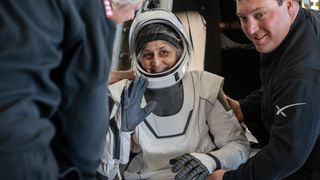
NASA astronauts Suni Williams and Butch Wilmore spent 286 days stuck in space — is that a new record?
By Brandon Specktor last updated
NASA astronauts Butch Wilmore and Sunita Williams spent 286 consecutive days aboard the International Space Station after their Boeing Starliner spacecraft returned to Earth empty. Is their extended spaceflight record-setting?

China's new 2D transistor could soon be used to make the world's fastest processors
By Alan Bradley published
Advances in materials and architecture could lead to silicon-free chip manufacturing thanks to a new type of transistor.
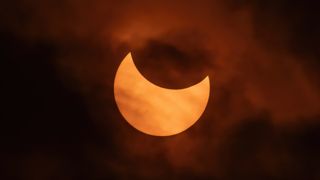
Which states will see the March 29 solar eclipse — and which will see a 'double sunrise'?
By Jamie Carter published
On March 29, North America will witness its first solar eclipse since April 2024. Here are the 13 states where you'll be able to see it.
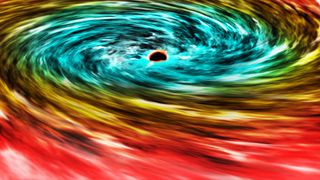
Stephen Hawking's black hole theory has big implications for the shape of the universe, new study claims
By Andrey Feldman published
Elusive black hole radiation predicted by Stephen Hawking may have influenced the way the universe took shape after the Big Bang, new research suggests.
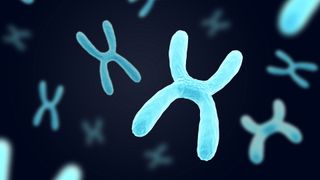
Silent X chromosome genes 'reawaken' in older females, perhaps boosting brain power, study finds
By Nicoletta Lanese published
Females have one active X chromosome and one dormant X chromosome in each cell. But a study suggests that genes on the dormant X get "reawakened" later in life, potentially giving the brain a boost.
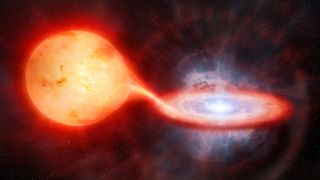
Weird repeating explosion beyond the Milky Way is one of the hottest blasts scientists have ever seen
By Shreejaya Karantha published
Researchers conducted the first-ever near-infrared analysis of an extragalactic recurrent nova and found it is one of the hottest nova explosions ever discovered.

In a 1st, trial finds vitamin D supplements may slow multiple sclerosis. But questions remain.
By Emily Cooke published
A new clinical trial has shown for the first time that taking high doses of vitamin D could stave off the progression of multiple sclerosis. However, much more research is warranted to confirm these findings.
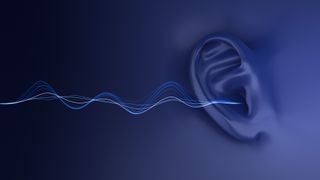
Self-bending beams can deliver sound waves only to your ear in a crowd
By Jiaxin Zhong, Yun Jing published
By combining ultrasound with a concept called nonlinear acoustics, you can create sound that stays silent until it reaches a specific location.

Scientists break down cheap plastic using the air — and turn it into something far more valuable
By Ben Turner published
Scientists developed a new method for breaking down one of the most common plastics to a byproduct that can be upcycled into more valuable materials.
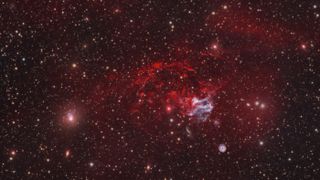
High-school student accidentally discovers black hole 'light echo' twice as wide as the Milky Way
By Jenna Ahart published
While sifting out signatures of supernova remnants, a high-schooler stumbled upon the afterglow of a dormant black hole. It may be one of the largest ever seen.

Scientists discover smallest galaxy ever seen: 'It's like having a perfectly functional human being that's the size of a grain of rice'
By Robert Lea published
Astronomers have discovered the smallest dwarf galaxy ever seen. It is a mystery how the satellite galaxy of Andromeda survived the blistering conditions of the early universe.
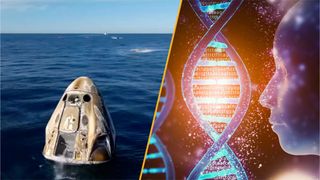
'Stranded' astronauts return and mystery human ancestor
By Alexander McNamara published
Science news this week March 22, 2025: Our weekly roundup of the latest science in the news, as well as a few fascinating articles to keep you entertained over the weekend.
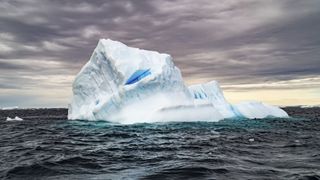
Global sea levels rose a whopping 125 feet after the last ice age
By Skyler Ware published
After the last ice age, sea levels rose rapidly over a period of about 8,000 years, new research reveals.
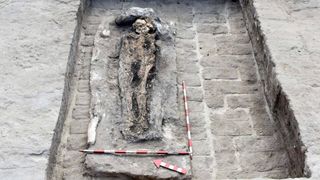
3,200-year-old Egyptian tomb may belong to military commander who served under Ramesses III
By Owen Jarus published
The ancient Egyptian tomb holds the remains of a man with a gold ring bearing the name of Ramesses III.
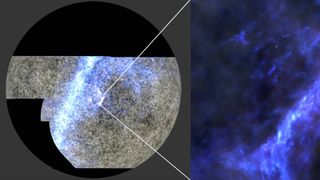
Atacama Telescope reveals earliest-ever 'baby pictures' of the universe: 'We can see right back through cosmic history'
By Sharmila Kuthunur published
New observations with the Atacama Cosmology Telescope in Chile reveal the earliest-ever "baby pictures" of our universe, showing some of the oldest light we can possibly see.

New AI is better at weather prediction than supercomputers — and it consumes 1000s of times less energy
By Skyler Ware published
The Aardvark Weather machine learning algorithm is much faster than traditional systems and can work on a desktop computer.

Are you protected against measles? Do you need a booster shot? Everything you need to know about immunity
By Jess Thomson published
There have been hundreds of measles cases reported in the U.S. since the beginning of the year. Here's what you need to know about measles immunity.
Sign up for the Live Science daily newsletter now
Get the world’s most fascinating discoveries delivered straight to your inbox.

